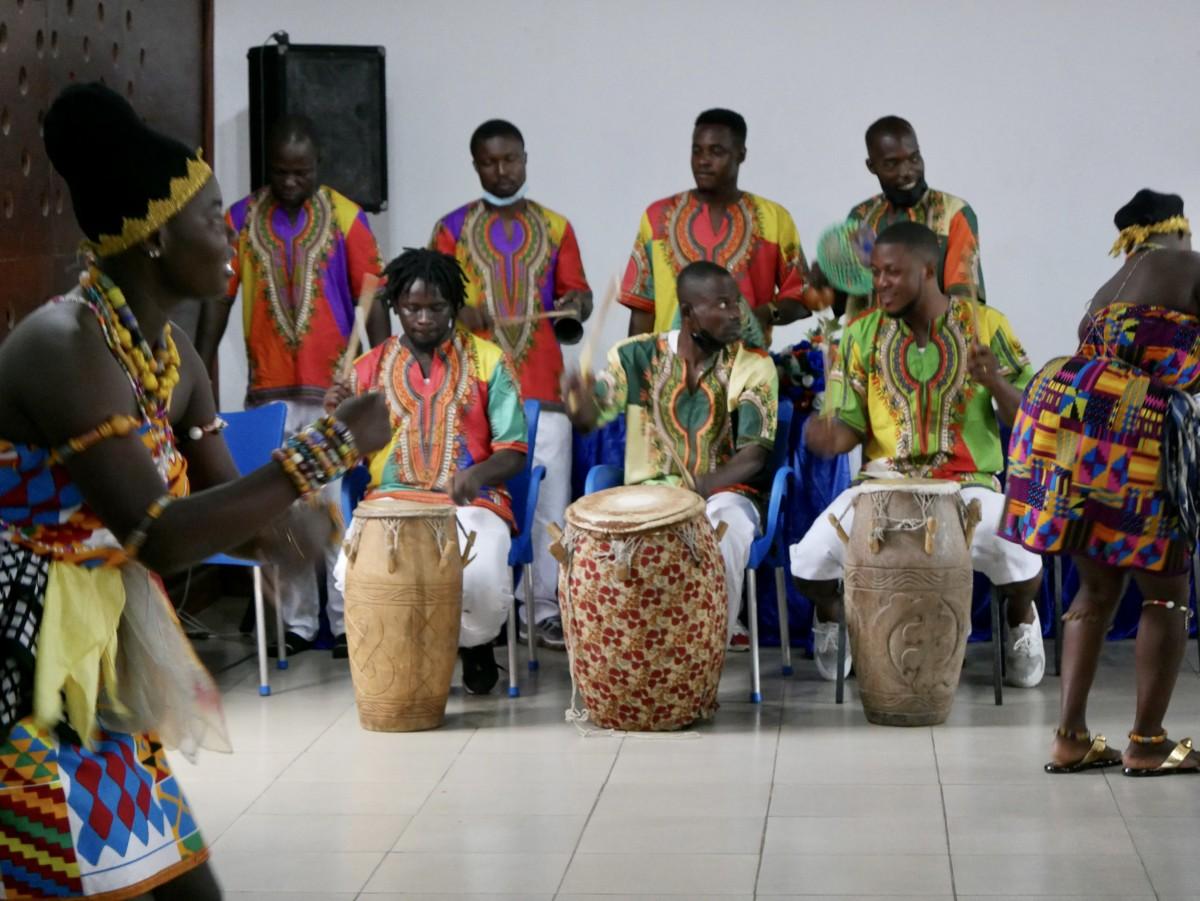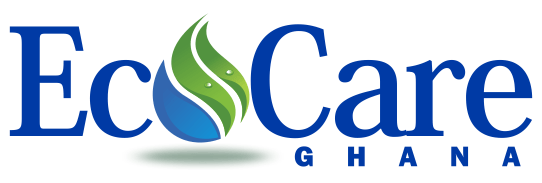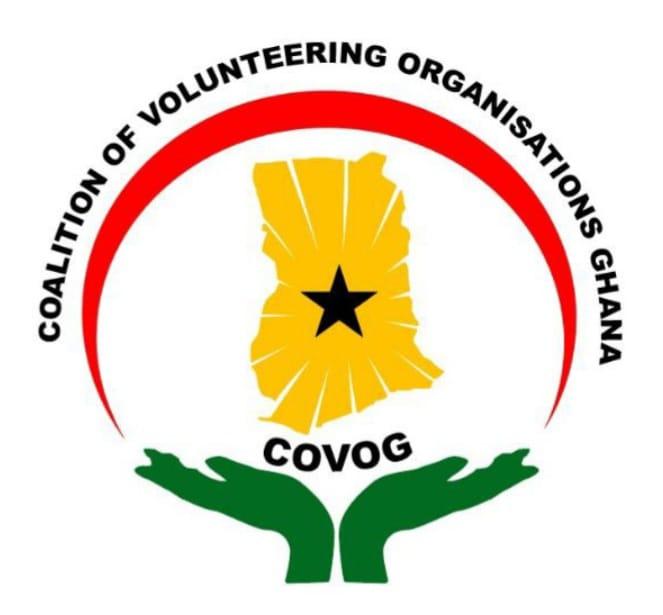Ghana is a country in West Africa with an area of 238,535 km². Ghana borders Burkina Faso to the north, Ivory Coast to the west, Togo to the east and the Gulf of Guinea to the south. Ghana is rich in cultural diversity which manifests itself significantly between the north, the centre and the south with differences in cultural, economic and environmental terms (forests in the south, savannah grasslands in the north).
Identity card
- Official name: Republic of Ghana
- Type of regime: Presidential
- Capital city: Accra
- Main cities: Accra, Kumasi, Tamale, Ho, Koforidua, Tema, Obuasi, Bawku
- Official language(s): English
- Spoken language(s): Twi (spoken by the majority of Ghanaians), Ga, Ewe, Gonja, Dagbani,
- Currency: Ghana Cedi (GHC). 1euro = GHC 8
- Population: Approximately 32 million inhabitants
- Literacy rate : About 70% (74% of men and 66% of women)
- Religion(s) : Christians (71.2%), Muslims (17.6%), traditional religion (5.2%), other religions (0.8%), no religious affiliation (5.2%)
(Sources: Ghana Statistical Service)
General presentation
Ghana’s climate is intertropical. It alternates between two periods:
- a dry season throughout the country, usually from December to March
- and a rainy season in the south, divided into two: April to July and September to November
In the centre, the rainy season is from April to October, while in the north it is from April to September.
Economy and natural resources
Ghana is the second largest producer of cocoa in the world and ranks first in terms of possession of natural and mineral resources such as gold, bauxite, rubber and forest products.





